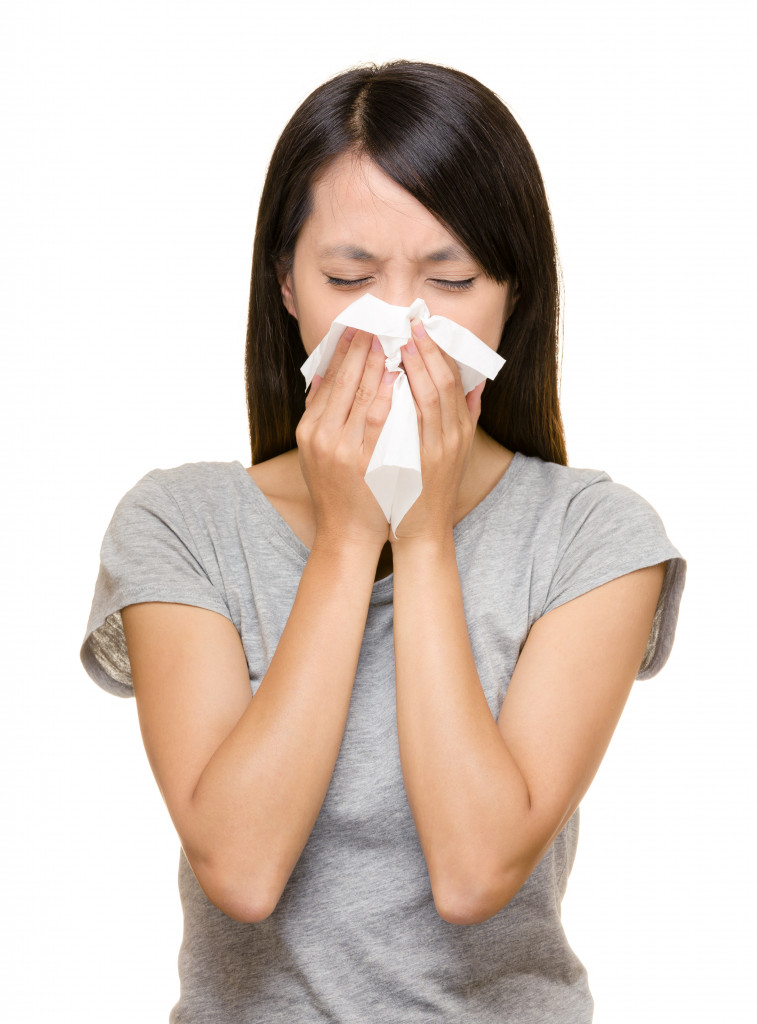The human nose is a complex organ made up of many different parts. The main function of the nose is to act as a filter for the air we breathe, but it also plays an important role in our sense of smell.
It’s important to know about the nose. What it does, what are its parts, and what diseases it is vulnerable to. Moreover, It’s also good to know how to keep it healthy in the long run. Here’s everything you need to know about your nose.
The Human Nose
The outermost part of the nose is covered in skin, which contains several small blood vessels called capillaries. These capillaries help to keep the nose warm and moist. Underneath the skin is a layer of bone and cartilage, which gives the nose its shape.
Inside the nose, there are two nostrils (also called nares) that lead to the nasal cavity. This cavity is divided into two sections by a thin piece of cartilage called the septum. The septum is perforated by a small hole, which allows air to pass from one side of the nose to the other.
The nasal cavity is lined with a thin layer of the mucous membrane, which contains tiny hair-like structures called cilia. These cilia help to trap particles of dust and other airborne particles so that they don’t enter the lungs. The mucous membrane also produces a sticky fluid called mucus, which helps to keep the nose moist and catch any foreign particles that manage to make their way past the cilia.
This shows that the human nose has many varying and complex parts. All of these parts are required to work together in order for the nose to function properly. Now that you are aware of these parts, let’s talk about the common diseases that concern the nose.
Diseases of the Nose
The most common disease of the nose is the common cold, which is caused by a virus. Other diseases that can affect the nose include sinus infections, allergies, and nasal polyps.
The common cold is a virus that affects the nose and throat. It is usually mild and goes away on its own within a week or two. However, some people may experience more severe symptoms, such as a fever, chest pain, or difficulty breathing.
Sinus infections are caused by bacteria and can occur when the mucous membranes in the nose become inflamed. Allergies can also cause the mucous membranes to become irritated and lead to sinus infections. Nasal polyps are growths that can form on the lining of the nasal cavity. They are often benign (non-cancerous), but can sometimes be precancerous or cancerous.
Allergies or also known as allergic rhinitis or hay fever, can cause a runny nose, itchiness, and sneezing. Nasal polyps are non-cancerous growths that can block the nasal passages and make it difficult to breathe.

Most of the time hay fever isn’t anything bad. However, if hay fever happens to a baby, the chances of asphyxiation increase. This is why you should immediately get hay fever treatment for babies if yours shows signs of allergies. These treatments will ensure that your baby can live a healthy life in the future.
While these are some of the most common diseases of the nose, there are many others that can affect this complex organ. This is why it’s important that you take care of your nose appropriately. Here are some things you can do to take care of your nose.
Tips for Taking Care of Your Nose
- Keep your nose clean. This means that you should blow your nose often, and avoid picking your nose. You can also use a neti pot to flush out your nasal passages.
- Quit smoking. Smoking can damage the delicate mucous membranes in your nose and lead to a number of health problems.
- Be careful when using nasal sprays. Overusing nasal sprays can actually cause more congestion. Only use them as directed by your doctor.
- Drink plenty of fluids. Drinking lots of fluids helps to keep the mucous membranes in your nose moist, which prevents them from becoming irritated.
- Avoid exposure to irritants. Things like smoke, dust, and chemicals can irritate the mucous membranes in your nose. If you must be around these things, wear a mask to protect your nose.
- See your doctor if you have any concerns. If you think you may have a nasal infection or are experiencing severe symptoms, see your doctor for an evaluation.
The human nose is a complex organ with many different parts. These parts work together to perform the functions of the nose. However, sometimes diseases can affect the nose. The most common disease of the nose is the common cold, which is caused by a virus. Other diseases that can affect the nose include sinus infections, allergies, and nasal polyps. Taking care of your nose can help to prevent these diseases from

